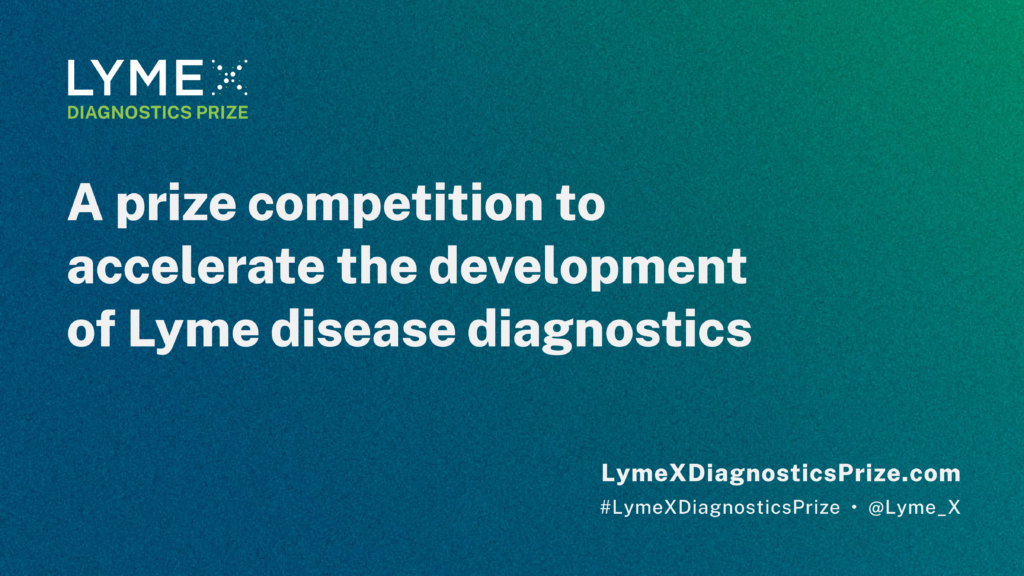Brandon Jutras, PhD | Source | Assistant Professor at Virginia Tech

Brandon Jutras, PhD
Dr. Brandon Jutras is an Assistant Professor in the Department of Biochemistry and Fralin Life Sciences Institute at Virginia Tech. He is also part of the Center for Emerging, Zoonotic, and Arthropod-borne Pathogens, the Molecular and Cellular Biology program, in addition to the Translational Biology, Medicine, and Health program at Virginia Tech.
Dr. Jutras has focused his entire research career on studying the biology and pathogenesis of Borrelia burgdorferi. With over 25 peer reviewed publications in many of science’s top journals, Dr. Jutras uses a diverse array of atomic, molecular, and cellular tools to diagnose, understand, and treat Lyme disease. His approach challenges paradigms in bacterial physiology and his research group leverages their findings to improve the overall welfare of humans and animals.
He earned his Ph.D. in Microbiology from the College of Medicine at University of Kentucky. His innovative diagnostic project was selected for a 2021 Emerging Leader Award, a $100,000 grant.
-

Virginia Tech
Assistant Professor
-
Researchers Are Working on At-Home Tests for Lyme Disease
Right now, getting tested for the tickborne disease takes a long time and requires a blood sample.
Article -
How Virginia Tech is homing in on a unique molecular biomarker for Lyme disease - LymeX Diagnostic Prize
Brandon Jutras has been researching the Lyme disease-causing bacteria Borrelia burgdorferi for over 12 years. By focusing on basic molecular and cellular questions about how the bacterium works, Jutras and his lab aimed to address functional medicine aspects of basic diagnostics, prevention, and treatment. Now, Jutras’ team is one of 10 Phase 1 winners that […]
Article -
Jutras Lab awarded $1.2 million to create rapid and accurate Lyme disease testing
Virginia Tech researcher Brandon Jutras envisions a the possibility of a rapid, at-home test for Lyme disease with support of a $1.3 million award from the Department of Defense.
Article
-
“One of the things that is well known and well accepted in the field is that the most critical predictor of patient outcome is how quickly they get treated with antibiotics...If you’re waiting a month to know whether you have Lyme disease or not, that’s a critical window.”
-
"Using a series of sophisticated molecular techniques, in combination with both bacterial and host genetics, we're working to understand why and how some patients respond to therapy, while others do not. Our two-pronged approach looks at this problem from both sides: What unique chemical features of the bacterium's cell wall are responsible for causing symptoms and what genetic factors from the host-response side play a role in sustained pathology"



